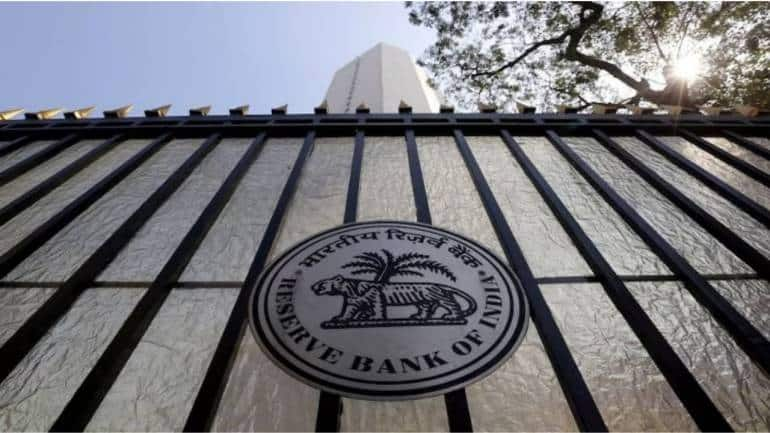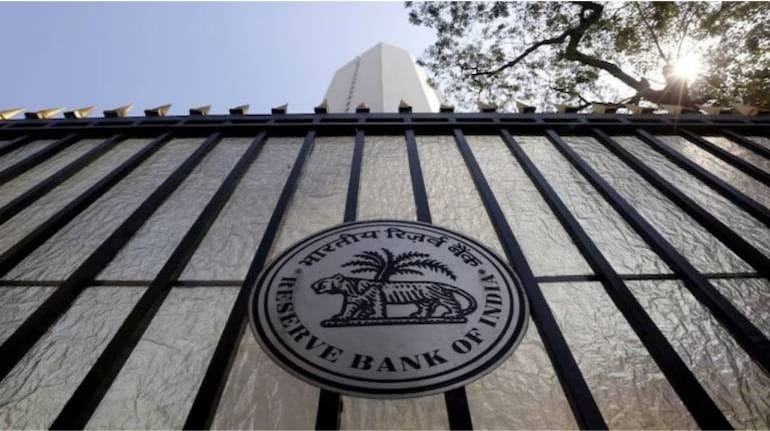Why banking stocks are diverging post RBI’s policy announcement


RBI MPC decision announcement saw interest rates steady at 6.5 percent.
In a surprising turn of events, the performance of banking stocks have taken a notable divergence following the Reserve Bank of India’s (RBI) Monetary Policy announcement. While PSU stocks such as State Bank of India (SBI), Bank of Baroda, and Punjab National Bank (PNB) witnessed strong gains on February 8 after the MPC, other public sector banks as well as major private sector players such as Kotak Mahindra Bank, ICICI Bank, and Axis Bank saw a sharp decline.
On February 8, at Rs 699 and Rs 253 SBI and Bank of Baroda were trading three percent higher while the rest of the banking pack was in the red. Why this divergence? Is this reflection of underlying weakness in the sector?
According to Rajesh Palviya, Senior Vice President and Head of Derivative Research at Axis Securities, this deviation is not solely driven by the policy announcement but has roots in previous events, notably the release of HDFC Bank’s results. The performance trends post-HDFC Bank’s results have put pressure on private banks, while positive sentiments towards PSU banks are gaining traction among investors.
Raj Deepak Singh, Head of Derivative Research at ICICI Securities, pointed out that foreign institutional investors (FIIs) have been selling financial stocks, particularly in the private sector, since January. This selling trend, primarily in banking stocks, intensified after HDFC Bank’s results, suggesting a challenging road ahead for private banks in terms of immediate recovery. Two of the biggest private sector banks HDFC Bank and Kotak Bank have been laggards over the past two years as the market has been underwhelmed by the leadership transition in the two banks. What has compounded the problem for HDFC bank is the merger with its parent HDFC and pain in financials as reflected in the last quarter results. In the latest quarter results announced on January 16, HDFC Bank posted disappointing results, which was a shock to investors who dumped the stock dragging the price down 17 percent in four trading sessions.
Investors are increasingly becoming sceptical of paying high multiples for private sector banks when state-owned banks look well poised for growth and are available significantly cheaper. Sheersham Gupta, Director and Senior Technical Analyst at Rupeezy says, historically, PSU banks have lagged behind private banks in terms of P/E ratios. Currently, the average P/e for private banks is 19x versus 11x for PSU Banks, so investors are taking greater comfort in PSU banks.
Anand Dama of Emkay Financial Services noted that bankers were hoping for adjustments in the cash reserve ratio to provide liquidity in the system. However, with no changes announced on that front, private banking stocks like Axis Bank, ICICI Bank, Kotak Bank, and HDFC Bank experienced declines, while PSU banks traded higher. Since liquidity concerns within the sector have exacerbated, no reduction in the cash reserve ratio caused private banking stocks to fall, while PSU banks enjoyed gains, buoyed by mark-to-market gains on government securities as yields softened.
Technical analyst Tejas Shah, Vice President Technical Research at JM Financial, suggests that the charts of PSU banks look stronger than private banks. However, the higher weightage of private banks in the Bank Nifty index compared to PSU banks caused the Bank Nifty to fall, facing resistance around the 50 Day Exponential Moving Average. The Bank Nifty is facing a lot of resilience around the 46,200-46,300 levels (50 Day EMA Area) for the past couple of days on an immediate basis. On the downside, the support zone lies at 44,900-45,000 followed by 44,400-44,500 while the resistance is seen at 45,700-45,750 followed by 46,200-46,230.
Disclaimer: The views and investment tips expressed by investment experts on Moneycontrol.com are their own and not those of the website or its management. Moneycontrol.com advises users to check with certified experts before taking any investment decisions.
Story continues below Advertisement










